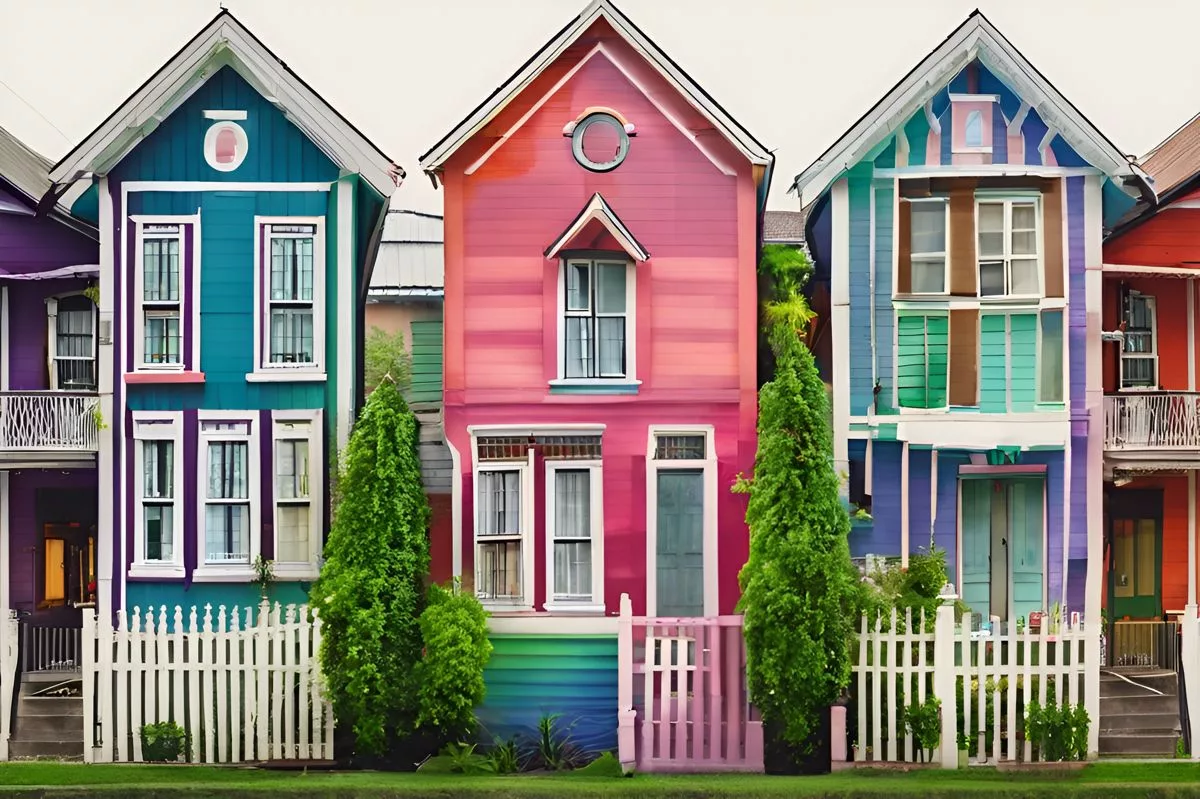The ANC government’s housing policies in South Africa have provided millions of houses to impoverished sections of society, contributing to women’s empowerment, emergency and disaster relief, and sustainable housing solutions. Minister Mmamoloko Kubayi leads the charge towards a fairer and kinder South Africa, advocating for social justice and balanced development, rooted in the core values of the ANC. The government’s commitment to continuous improvement is evident in the Draft Human Settlements White Paper, aimed at creating integrated human settlements that respond to modern trends and uphold every South African’s dignity.
What is the impact of the ANC’s housing policies in South Africa?
The ANC government’s housing policies have provided millions of houses to impoverished sections of society, resulting in a significant increase in formal households and a decrease in traditional dwellings. The government’s housing initiatives have also played a role in women’s empowerment, contributed to emergency and disaster relief, and provided socio-economic empowerment through sustainable housing solutions. The government’s commitment to continuous improvement is evident in the Draft Human Settlements White Paper currently open for public consultation.
The Inspiring Journey of Minister Mmamoloko Kubayi
Rewriting the historical landscape of South Africa, few stalwarts have been as passionate about advocating for social justice and balanced development as Mmamoloko Kubayi, the Minister of Human Settlements. Her impact on the nation is deeply influenced by the African National Congress’ (ANC) core values of equality, impartiality, and wealth creation – tenets that have steered her efforts towards a fairer and kinder South Africa.
As we look back on the last thirty years since the ANC’s rise to governance, the resonating aspects of the Freedom Charter serve as a beacon, shaping the government’s policy-making process. Rooted in the idea that a house is not just a physical edifice but a symbol of dreams and expectations, the Freedom Charter proclaims, “There shall be houses, security, and comfort.” The ANC government recognized that emancipation from apartheid involved not just freedom from unjust laws but also necessitated the deconstruction of its systemic structures, spatial configurations being one of them.
In an earnest endeavor to fulfill the Charter’s vision, the ANC rolled out policies that facilitated the distribution of houses to the most impoverished sections of society. This scheme has not only reinstated the self-respect of countless individuals but continues to provide them with dignified shelter, emphasizing the government’s dedication to eradicating homelessness and poverty.
The Transformative Impact of Housing Policies
At the core of the government’s housing strategy is a profound realization that a home signifies much more than mere bricks and mortar. It is a construct of love and dreams and a space where people can realize their ambitions in an environment of health, safety, and happiness. This understanding has led to a significant increase in formal households in South Africa, from 5.2 million in 1996 to 15.8 million in 2022. Simultaneously, there has been a notable decrease in the number of households inhabiting traditional dwellings, underlining the profound effect of the government’s housing initiatives.
The government’s commendable accomplishment of providing millions of houses through the RDP programmes is further enhanced by significant contributions during emergencies and disasters. This includes the construction of thousands of social housing units, rectification of housing defects, and provision of housing material to individual households.
Yet, the ANC’s initiatives are not limited to housing provisions. Recognizing the link between homeownership and gender-based violence, the government has granted 1.9 million houses to women beneficiaries. These measures have strengthened women’s ability to resist violent relationships often leading to femicide, a widespread issue in South Africa.
The transformational power of these housing initiatives is perfectly encapsulated in the journey of beneficiaries like Mme Ela Thabane from Bela-Bela in Limpopo. After residing in a shack for over 15 years, she expressed her heartfelt gratitude to the government for her new home, which she described as making her feel “comfortable and safe.”
Socio-Economic Empowerment and Sustainable Housing Solutions
Apart from housing provision, the ANC government has tirelessly worked on a women empowerment programme through procurement. During the National Women’s Day in 2020, President Ramaphosa announced intentions to set aside 40% of public procurement for businesses owned by women. This strategy has yielded results, with designations and awards to designated group contractors totaling R1.777 billion across seven provinces as of 30 September 2023.
The government has also played a pivotal role in expanding the pipeline of social housing projects in collaboration with Infrastructure South Africa and the Social Housing Regulatory Agency (SHRA). Numerous projects across provinces like Western Cape, Gauteng, Kwazulu-Natal, Northern Cape, and Mpumalanga stand as testament to the government’s commitment to providing sustainable housing solutions.
The Way Forward Toward Integrated Human Settlements
However, the ANC’s mission goes beyond just housing provision. In a recent interaction with community-based organizations (CBOs), non-governmental organizations (NGOs), and civil society organizations (CSOs) in the Western Cape, Kubayi was directly exposed to the harsh living conditions endured by many. These firsthand accounts highlight the need for ongoing improvement to meet the evolving housing market and demands.
The government’s strategy for continuous improvement is evident in the Draft Human Settlements White Paper currently open for public consultation. This proposal aims to create integrated human settlements that are responsive to modern trends, including climate change, new building technologies, and women empowerment.
In conclusion, under the leadership of Minister Mmamoloko Kubayi, the government’s consistent efforts reflect a commitment to uphold every South African’s dignity by ensuring a safe, secure, and comfortable home. As aptly stated by Tata Madiba, the journey is far from over; however, the persistent pursuit of a better life for all strengthens the nation’s resolve to face the future with dignity.
1. What is the impact of the ANC’s housing policies in South Africa?
The ANC government’s housing policies have provided millions of houses to impoverished sections of society, resulting in a significant increase in formal households and a decrease in traditional dwellings. The government’s housing initiatives have also played a role in women’s empowerment, contributed to emergency and disaster relief, and provided socio-economic empowerment through sustainable housing solutions.
2. Who is Minister Mmamoloko Kubayi and what is her role in the ANC government?
Minister Mmamoloko Kubayi is the Minister of Human Settlements in the ANC government. She is a stalwart who is passionate about advocating for social justice and balanced development. Her impact on the nation is deeply influenced by the ANC’s core values of equality, impartiality, and wealth creation.
3. How has the ANC government empowered women through their housing policies?
The ANC government has granted 1.9 million houses to women beneficiaries, recognizing the link between homeownership and gender-based violence. These measures have strengthened women’s ability to resist violent relationships often leading to femicide, a widespread issue in South Africa.
4. What is the government doing to provide sustainable housing solutions?
The government has played a pivotal role in expanding the pipeline of social housing projects in collaboration with Infrastructure South Africa and the Social Housing Regulatory Agency (SHRA). Numerous projects across provinces like Western Cape, Gauteng, Kwazulu-Natal, Northern Cape, and Mpumalanga stand as testament to the government’s commitment to providing sustainable housing solutions.
5. What is the Draft Human Settlements White Paper and what is its aim?
The Draft Human Settlements White Paper is a proposal aimed at creating integrated human settlements that respond to modern trends, including climate change, new building technologies, and women empowerment. The government’s commitment to continuous improvement is evident in this proposal currently open for public consultation.
6. What is the ANC government’s vision for the future of housing in South Africa?
The ANC government’s vision is to create integrated human settlements that respond to modern trends and uphold every South African’s dignity. The government’s strategy for continuous improvement is evident in the Draft Human Settlements White Paper, aimed at creating sustainable and integrated human settlements.












